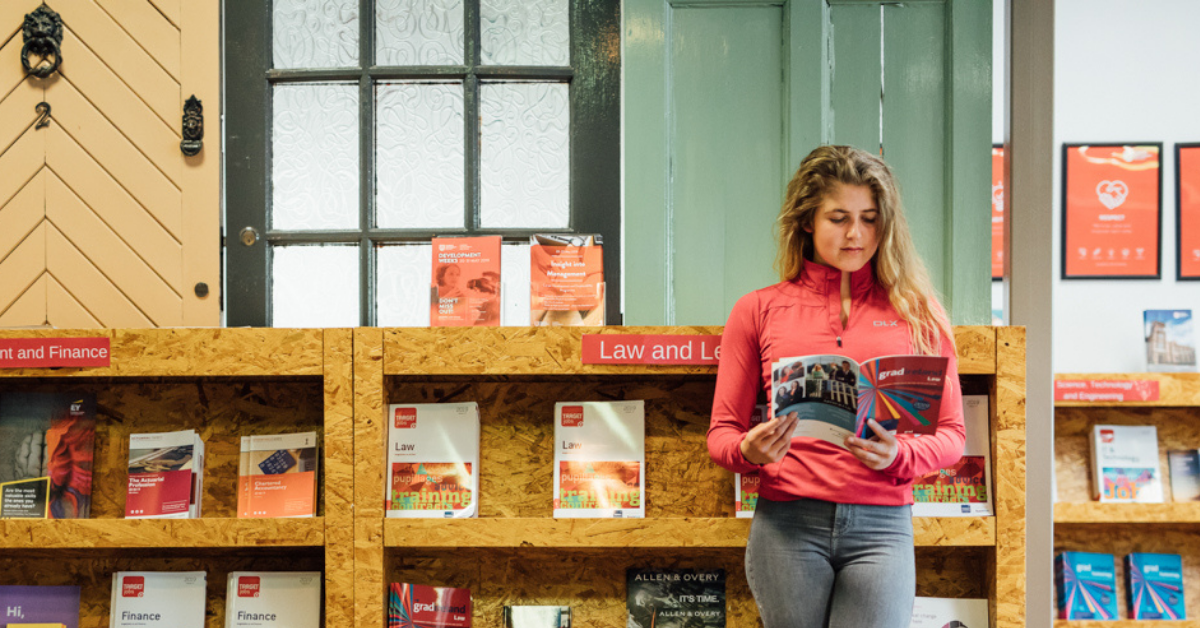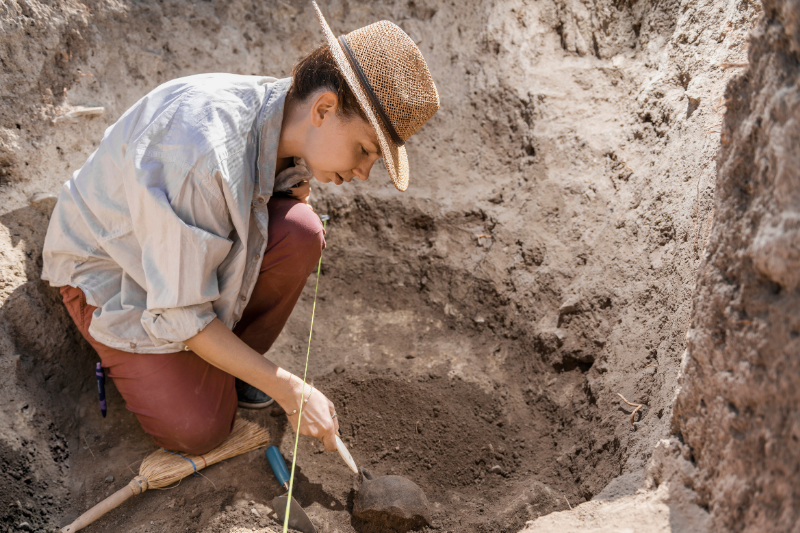Graduate Outcomes Survey 2017/18 points to a positive link between engagement with the Careers Service at Queen’s and graduate prospects.
Engagement with the Careers, Employability and Skills Service at Queen’s is more likely to improve a student’s graduate job prospects. According to published data from the Graduate Outcomes Survey 2017/18, there is a positive correlation between engagement with the Careers Service at Queen’s and graduate employment.
Among the key findings determined from analysis of the survey results are that attending Careers events at Queen’s gives you a better chance of getting a graduate job. Students from the Faculty of Arts, Humanities and Social Sciences (AHSS) in particular, significantly increased their chances of securing a graduate job if they attended Careers events. Students from the School of Arts, English and Languages and the School Of History, Anthropology, Philosophy And Politics are also more likely to be in a graduate role after graduation if they have successfully completed Queen’s Degree Plus employability award.
Dr Duncan Berryman, Destinations and Statistics Assistant at Queen’s Careers, Employability and Skills who analysed the data said: “We found that a student’s graduate prospects improved considerably, the more Careers events they attended. Around 65% of students who attended between one and four Careers events were in graduate employment after graduating. That figure rose to 76% if a student attended over 15 Careers events during their time at Queens.”
For AHSS students, graduate employment rates rose to 79% if a student attended between 15 and 19 Careers events – a marked increase in the Faculty total graduate employability rate. Students from the AHSS Faculty were also able to boost their chances of gaining graduate employment by accessing one-to-one appointments with Consultants at Queen’s Careers Service and by achieving Degree Plus.
“Graduates from both the School of Arts, English, and Languages and from the School of History, Anthropology, Politics, and Philosophy who achieved Degree Plus were significantly more likely to secure a graduate job,” said Dr Berryman.
Eimear Gallagher, Business Operations Manager at Queen’s Careers, Employability and Skills said: “The Degree Plus Award offers our students the opportunity to develop their employability, skills and experience and enables them to differentiate themselves from their peers in competitive graduate job application processes. The positive link between students with Degree Plus and graduate employment is testament to the personal initiative, effort, time management skills and resilience required to achieve the award activities alongside a degree.”
She added: “As a service, we’re committed to supporting our students and graduates to access the guidance and support they need to develop their employability. To see that that support and guidance is having a real, tangible impact on student employability is rewarding. We are proud to provide our graduates with the tools they need to enjoy a positive start to their careers.”



























